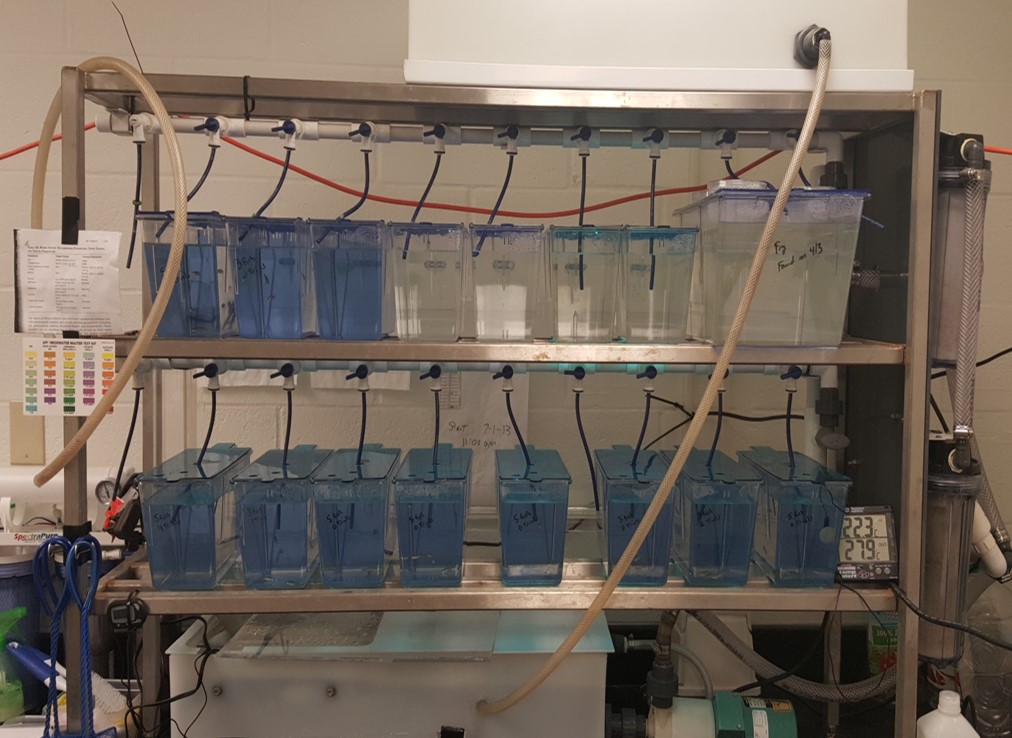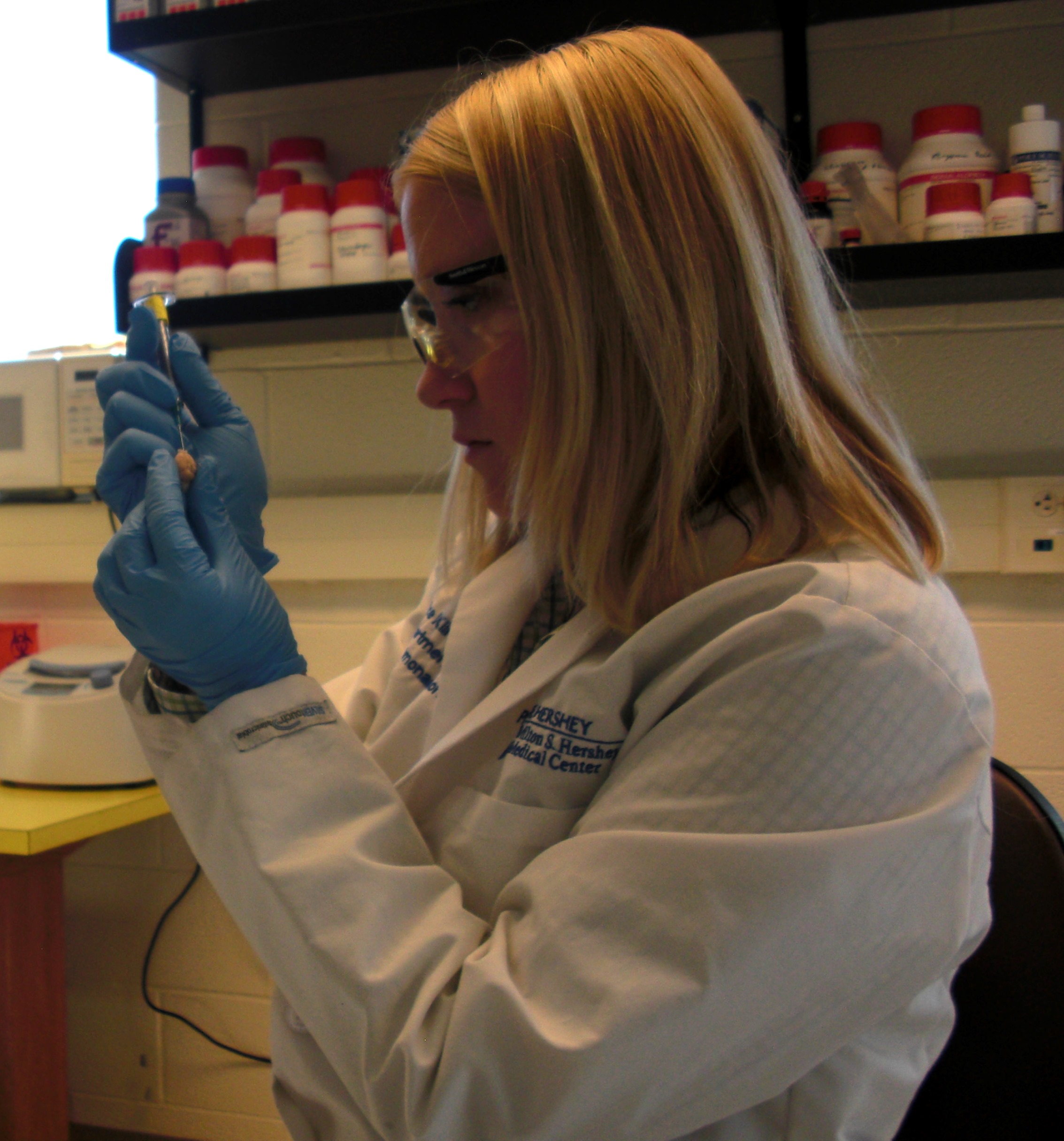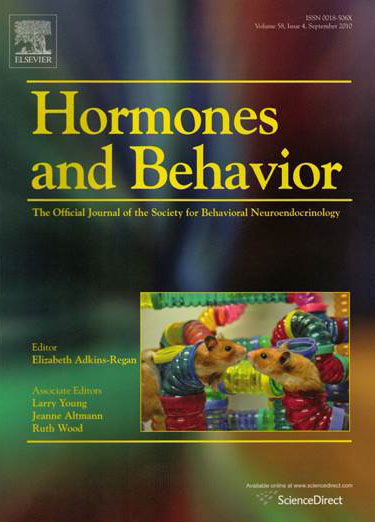Thank you for visiting my laboratory's webpage. We are a small research lab located in the Hartline Science Center at Bloomsburg University. Myself, along with my students and collaborators, are dedicated to understanding diseases of energy dysregulation. My research is fluid and constantly evolving so continue to check back for updates.
Research Interests
A. Fertility and Energy Dysregulation
My laboratory's primary research area is the link between energy balance and reproduction in male and female mammals. Trying to understand and treat diseases of energy dysregulation, i.e. obesity and anorexia, is difficult and has been misunderstood for decades. Instead, we link energy balance to another evolutionary process, reproductive success. Reproductive success is based upon the concept that any adaptive trait that mammals have developed, such as the ability to carry very high levels of subcutaneous and intra-abdominal fat, did so because they increased the probability of a successful mating.

Our zebrafish laboratory is equipped with room for 20 holding tanks, a reverse osmosis water filtration system, and numerous behavioral testing apparatuses (not pictured).

Our animal model, Danio rerio.
Currently, we are using zebrafish (Danio rerio) as our animal model to study various aspects of behavior. A small colony of zebrafish provide students in my research laboratory the opportunity to research a number of topics. Most recently, a Master’s degree candidate, John Poling, researched how environmental neurotoxins contribute to behavioral deficits in learning and memory. Similar to my research interests, future experiments will examine if limited food availability has any effect on sexual behavior or reproductive success of these fish. Current methodologies involve behavioral observation, immunohistochemical staining of brain regions responsible for mediating appetite and sexual behavior, and hormone assays.
Klingerman Energy Balance Publications
RFamide-related peptide-3 and the trade-off between reproductive and ingestive behavior.
Sense and nonsense in metabolic control of reproduction
Other Klingerman Publications
Fate of intracellular H2S/HS− and metallo-proteins
An evaluation of exogenous enzymes with amylolytic activity for dairy cows
The effect of wide swathing on wilting times and nutritive value of alfalfa haylage
 Dr. Candice M. Klingerman's Research Laboratory
Dr. Candice M. Klingerman's Research Laboratory